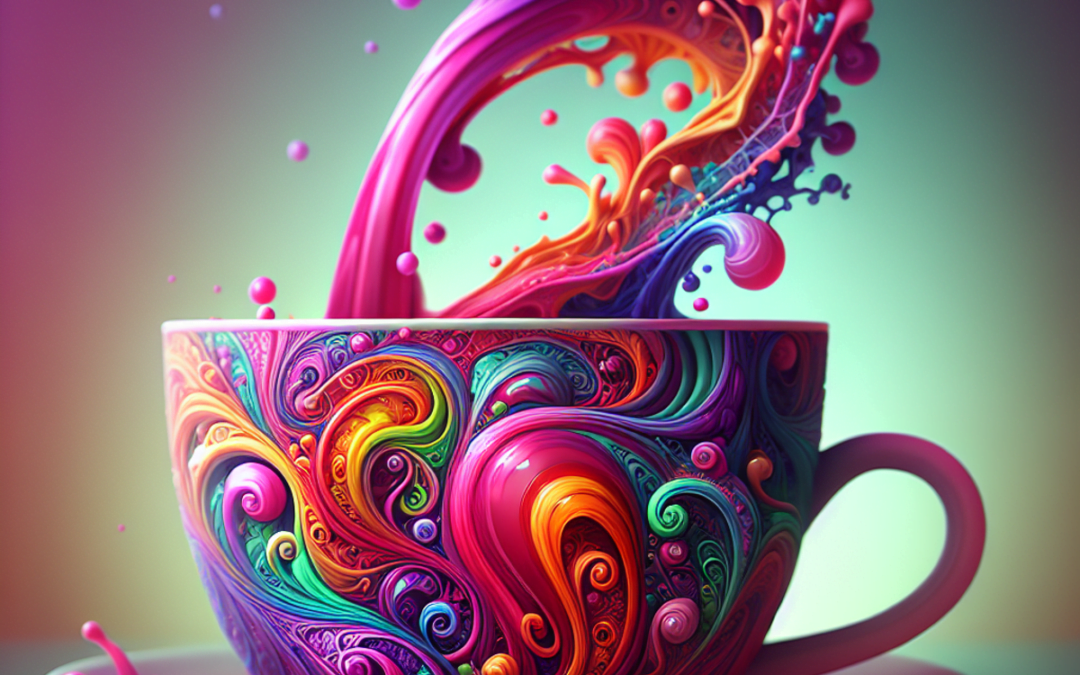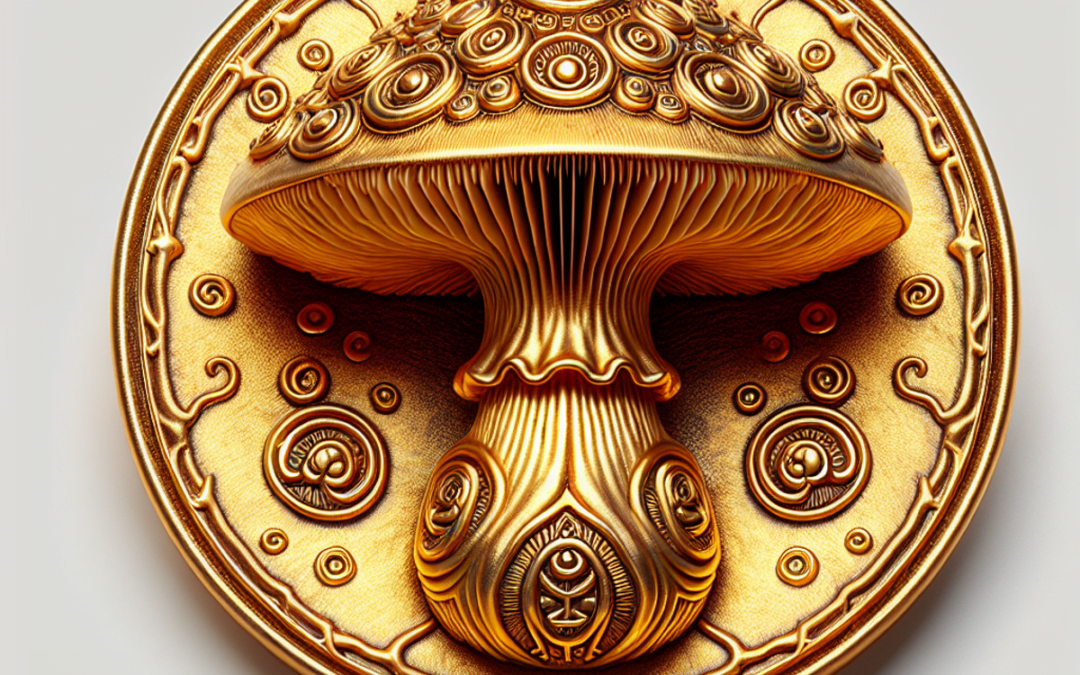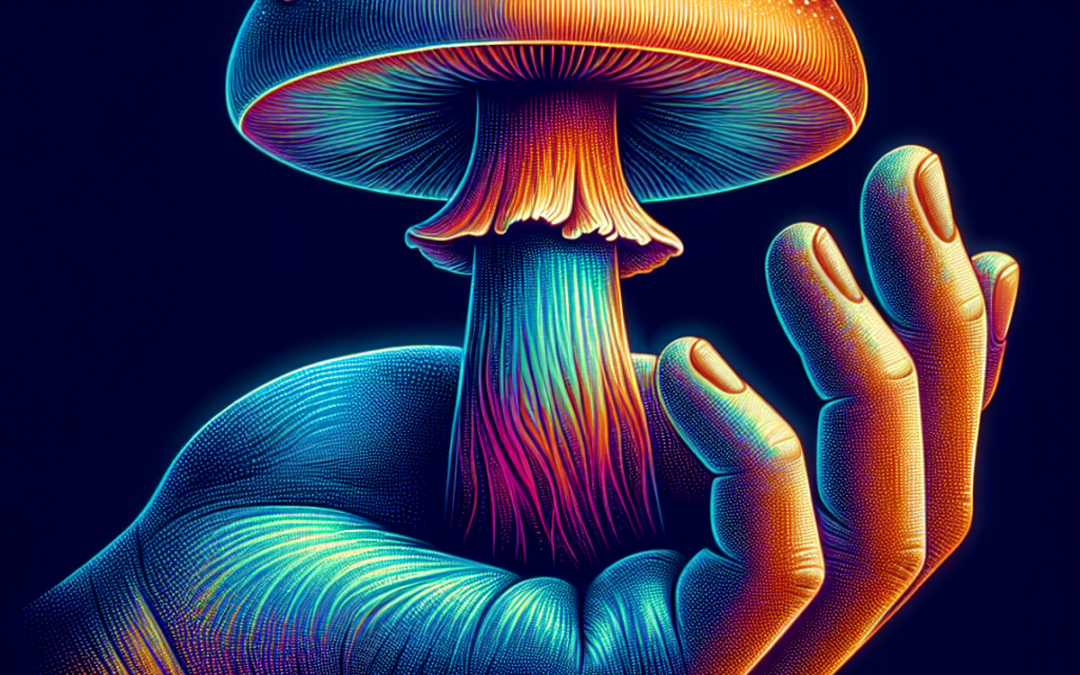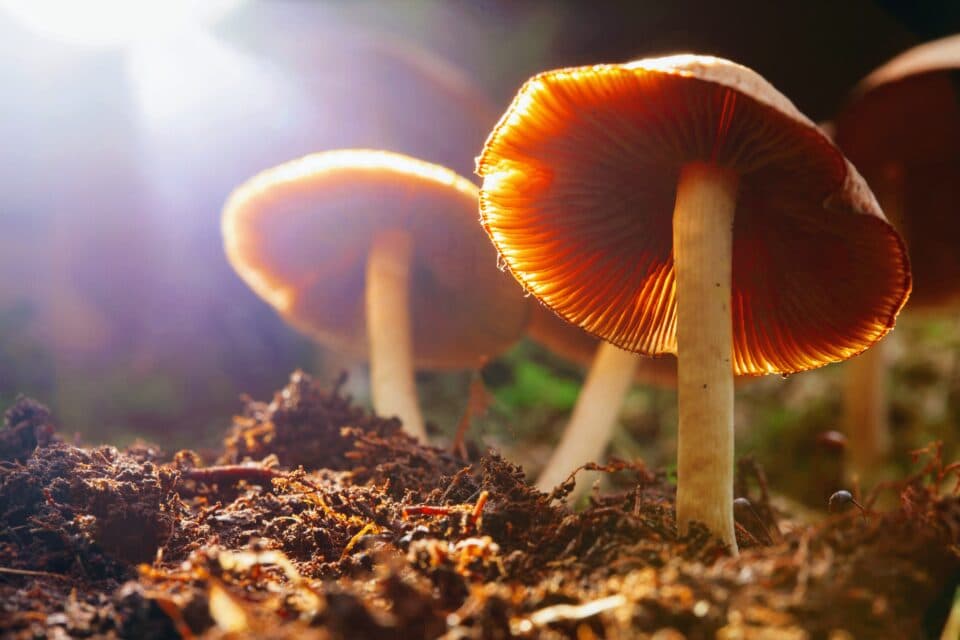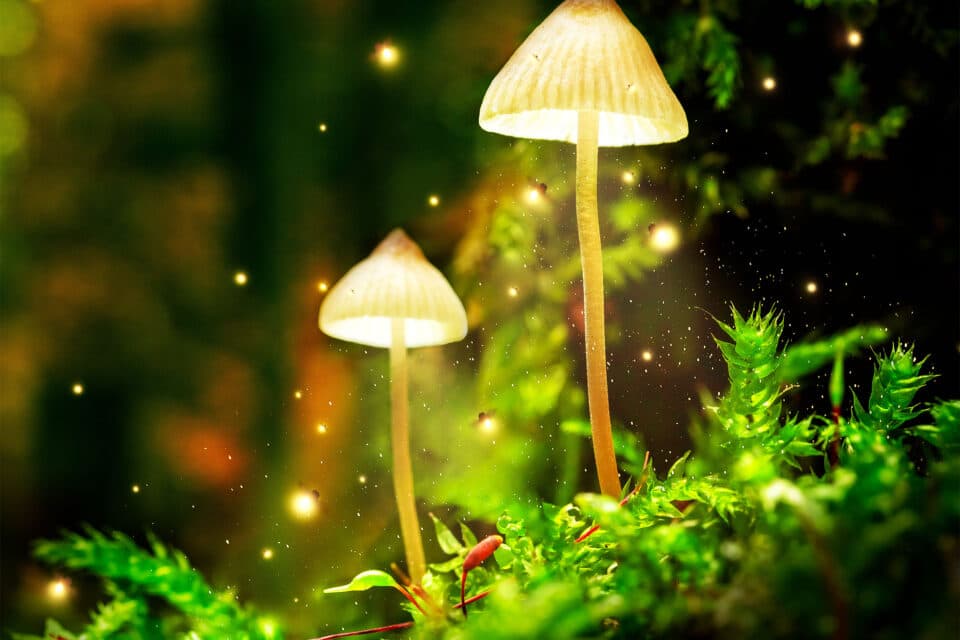Psilocybin is a substance found in a number of mushroom species that can be ingested to cause psychoactive effects. Although psilocybin itself is thought to have very little (if any) psychoactive effects, upon ingestion it is rapidly metabolized into a highly psychoactive substance called psilocin. In this video, I discuss our understanding of psilocin’s effects on the brain.
Psilocybin, a naturally occurring compound, is prevalent in various mushroom species and is known for its remarkable capacity to induce profound psychoactive effects. Interestingly, psilocybin, in its isolated form, is generally considered to possess minimal, if any, direct psychoactivity. However, when ingested, it undergoes rapid metabolic conversion within the body, transforming into psilocin, which is the primary active compound responsible for the psychedelic experiences associated with magic mushrooms.
The intricate mechanism by which psilocybin is metabolized into psilocin is a captivating aspect of this natural psychedelic substance. Upon ingestion, psilocybin is swiftly cleaved by enzymes into psilocin, which is structurally akin to serotonin, a neurotransmitter closely linked to mood regulation and perception. Psilocin’s affinity for serotonin receptors in the brain plays a pivotal role in its psychoactive effects, leading to altered perceptions, heightened sensory experiences, and a profound shift in consciousness.
The effects of psilocin on the human brain have been a subject of considerable scientific interest. It has been observed that psilocin primarily interacts with the serotonin 5-HT2A receptor, triggering a cascade of events that ultimately leads to changes in neural connectivity, neurotransmitter release, and brain network dynamics. These alterations are believed to underlie the various psychological and perceptual shifts experienced during a psilocybin trip, including visual hallucinations, introspective insights, and a sense of interconnectedness with the world.
Research into the therapeutic potential of psilocybin and psilocin has gained momentum in recent years, showing promise in the treatment of mental health disorders such as depression, anxiety, and post-traumatic stress disorder. The ability of these compounds to induce mystical or spiritual experiences has also piqued interest in their potential to foster personal growth and enhance overall well-being.
Psilocybin, the precursor to the psychoactive compound psilocin, is a fascinating substance found in certain mushroom species. While psilocybin itself is largely non-psychoactive, its rapid conversion to psilocin upon ingestion gives rise to a wide range of profound effects on the brain. Understanding these effects is crucial for both scientific research and exploring the therapeutic and transformative potential of these compounds in the realm of mental health and personal growth.

